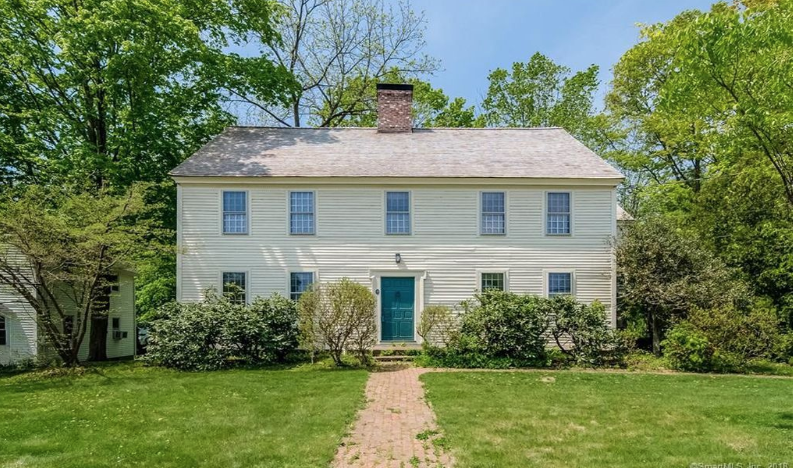Location: 34 North Main Street, West Hartford, Connecticut
The Untold Story of Slavery in West Hartford
A Student Essay by Meghan Tiernan and Sal Katz

This house in West Hartford at 291 North Main St is in roughly the same location that Page once served his owner, Col. John Whiting.
In the mid-1700s, John Whiting was the richest man in West Hartford owning 530 acres of land. However, along with the land, Whiting enslaved nine people. Whiting was deeply involved in the church, being a moderator and donating land to it. Whiting was the Treasurer of Connecticut for 32 years and was a Colonel of the First Regiment during the French & Indian Wars in the 1740s. He and his wife Jerusha Whiting had eleven children, eight surviving past childhood.
Among the nine people Col. John Whiting enslaved, was Page. He was an African-American man who was born in 1730. Page was not given a last name, providing little evidence for who the rest of his family was. Page was baptized on August 16th, 1741. He was a member in full communion to the church 23 years later in 1764. It was discovered that Page had bought cloth, thread, and stockings from John Whitman, revealing that Page had an opportunity to make money and it can be inferred that he had the ability to sew. Along with sewing, some other potential jobs that Whiting may have required him to do: picking apples, milking cows, operating the cider mill, and picking other crops.
There were several incidents in which Page was dehumanized. For example, when Whiting passed away, his will stated that all of those he enslaved were to be passed down to his three sons and divided between them. Page’s name was not mentioned in that part. Whiting assigned a price for each enslaved person and some of their prices were lower than the price of objects such as a 14 tooth plow. He was also priced lower than enslaved people who were women because they had the ability to have children who would then become slaves. Along with all of this, there were many colonial laws that destroyed the slaves’ chance of freedom, such as a law that prohibited slaves being out of their homes past 9 pm.
My name is Meghan Tiernan, and when I heard the story about Page, I was completely shocked. In all of my nine years of learning, I had never once been taught that there were enslaved people in West Hartford. The fact that there were people in this town who had very little freedom throughout their whole lives is terrible, and the fact that we are ignoring our history is wrong. It should be well- known that there were enslaved people in West Hartford, and that is why we are trying to educate others about Page’s story.
My name is Sal Katz, and when I first heard the story about Page I was immediately fascinated. Living in West Hartford my whole life I never thought about slavery in my town. I viewed slavery as a southern problem and one that I would never personally relate to. However, this project helped me understand that slavery can exist everywhere and that everyone can have a personal connection to slavery. History is a controversial thing; we tend to focus on the valiant white man rather than the enslaved black people. This topic has expanded my knowledge about our town and I hope that the information Meghan and I have shared will inform and benefit you as well.
Questions that we still have:
- Was Page given a choice to become a member of the church?
- Did Whiting give Page the chance to buy his freedom?
- Where in Africa was Page from?
- How did Page make the money to buy cloth, thread, and stockings?
- Who were Page’s family members?
- Was Page ever freed? Or did he die a slave?
- How did Page die?
West Hartford Witness Stones Project Student Archive


